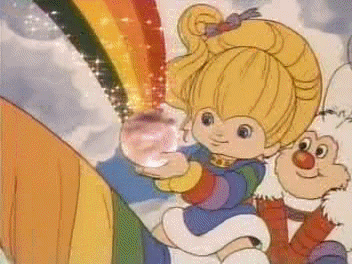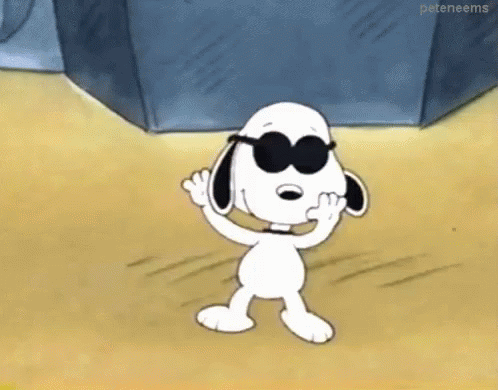from our November newsletter, written by Linda Lin, RCC, CCC, RCAT
In my previous blog post on generational diaspora, I mentioned I was visiting my mother’s homeland, China, for the first time in over a decade! It took me a few weeks to sit with this journey before writing about it.
This trip involved much more emotional processing than rational processing. Feeling our emotions in this way can be challenging, and from my experience in the therapy room, it often only comes after we’ve built enough trauma-informed language and awareness.
What’s the difference? Rational processing is structured and analytical, focused on collecting information and making critical deductions about what happened. Feeling processing, however, is experiential—it’s about listening to and working with what comes up, viscerally. It’s when we start noticing signs that have been there all along: sensations in our breath, a gnawing in our gut, the energy we pick up, and a pull toward creating new, supportive cycles for our body.
Feeling lost? I was—and probably still am. Words didn't come easily to describe this deeply sensory experience. Here are some emerging themes as I sat on the images I created from my trip:
Chapter 1: The play.
The impacts of historical imperial violence are complex, and when passed down through ancestral lineage, it lands differently from person-to-person in different points in their lives…yet they feel familiar.
As a Chinese person born outside of China, I found it challenging to fully embody the audience's cultural resistance. This surprised me, considering I feel deeply in other spaces. It prompted me to reflect on what I may have internalized from the West—and how numb I must've felt during the play. This numbness might hint at open wounds, unprocessed grief, and the overwhelming sensation of feeling too much without a concrete anchor for my intersecting identities.
To all the children of immigrants navigating multiple cultures and facing relational tensions due to generational cultural gaps—how are you all holding up?
Everything is political - including my identity.
Identity conflicts have felt especially confusing throughout the trip. The harbouring of internalized sinophobia stemming from Western political narratives about China feels practically acceptable in today’s world (& with elections in the atmosphere). Unfortunately and to no surprise, I encountered a lack of engagement and curiosity about my trip from some friends.
These encounters have prompted me to reflect deeply on my own journey with internalized sinophobia. Internalized racism functions as a product of unresolved trauma—a cycle of harm and violence rooted in politically engineered oppression.
The layers of kin-based harm and wounds of what could’ve been.
So I found out from my trip that my partner’s extended family members love each other, like sincerely. It's like the kind of love bell hooks talked about in her book, all about love. The kind of love with all 7 components: care, affection, recognition, respect, commitment, and trust, honesty and open communication. They've got a 75-person WeChat group, more than half of the group located in the city dine together every weekend and near 90-year-olds would keep the vibrant energy by playing mahjong into the early hours. They welcomed us with open arms, unconditional warmth and support.
A few days later, I visited my mother’s side in a different province after 20 years and I was struck by anxiety and generational cycles playing out before me. I gave myself permission to bawl, allowing space to grapple with parts of myself that felt wronged by the stark contrasts in family dynamics and kinship.
It began to dawn on me that the heart of emotional processing wasn’t just about healing; it is about connection.
Connection and care for the younger versions of myself, connection to parts of my culture and identity I want to keep discovering, and connection to kin who, in their imperfect ways, still attempt to show up for each other.
Be sure to sign up to our newsletter, Creative Ponders, where we share tidbits from our therapists, art prompts + new updates on offerings, delivered directly to your inbox!














